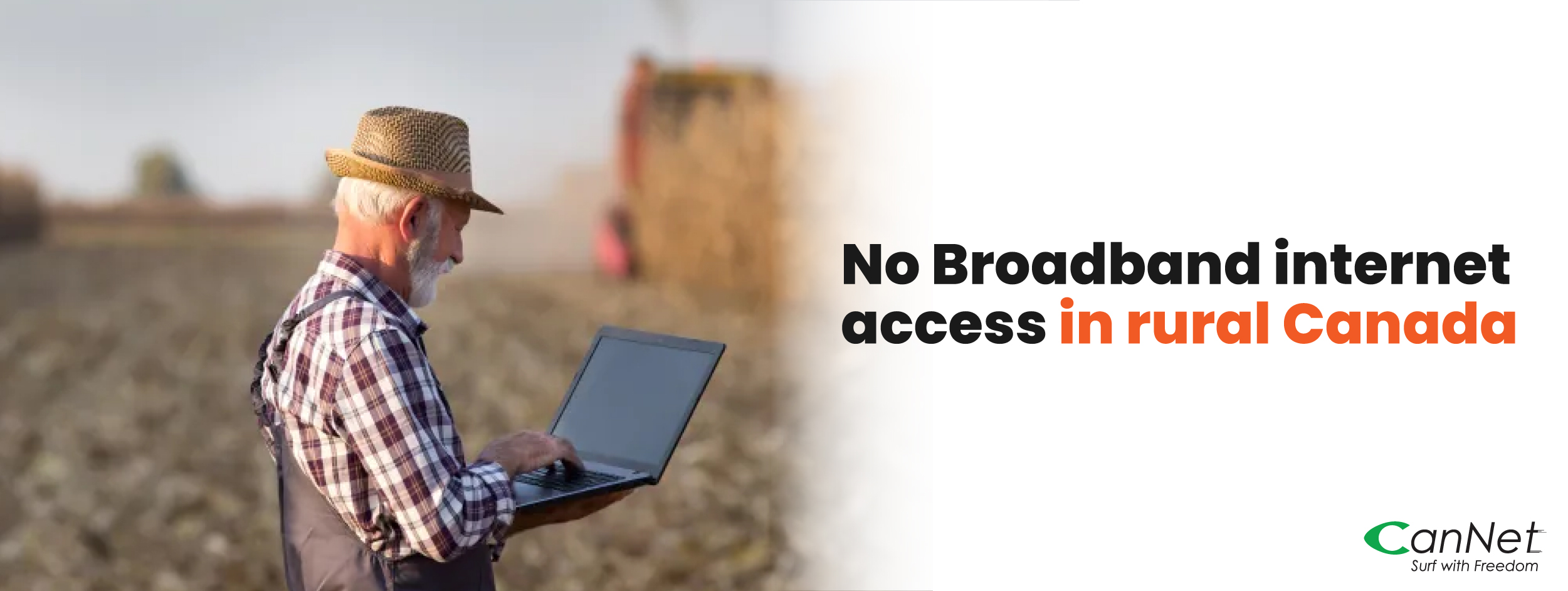Why do we not have broadband internet access in rural areas in Canada?
The internet is a key part of Canadians' daily lives. We use it to work, play, shop and communicate with each other. But for many Canadians living in rural communities, broadband internet is not yet a reality.
The Canadian Radio-television and Telecommunications Commission (CRTC) recognizes that access to high-speed internet is essential for Canada's economic growth and social development.
In 2016, the CRTC set ambitious targets for broadband internet access in every home by 2021, with download speeds of at least 50 Mbps for all Canadians by that date.
But in some areas of Canada, access to the internet is still limited. Why? The short answer: Cost. Providing high-speed internet to rural areas can be expensive, as existing infrastructure needs to be upgraded first. It also requires a lot of manpower—more than what many small communities are willing to invest in their telecommunication systems.
Internet access in rural areas is not as high as in urban areas due to the fact that internet providers have chosen to concentrate on more profitable markets. The lack of competition has resulted in poor service, high prices, and limited access for many rural Canadians.
We want to emphasize that the lack of competition or proper internet infrastructure in rural areas, have resulted in poor service, high prices, and limited access for many rural Canadians.
There are several factors involved in the lack of competition for internet services in rural areas:
First, it's not economically feasible for providers to build out their network infrastructure to cover small towns and remote areas because there aren't enough people living there. For example, if a provider wants to offer fibre optic internet service in your town but only 100 residents sign up for it, it probably isn't worth their while building the infrastructure needed to provide that 100 people with high-speed internet access. They see that they would not cover the cost of the investment with just 100 subscribers.
Second, the lack of competition makes it difficult for rural customers to find high-speed internet service at an affordable price. Many rural residents also have a limited selection of providers to choose from, which can make it hard to find even the best deal on home phone services.
Internet access is a necessity in many places around the world. However, there are still many regions that have no internet access at all or may have access only to satellite internet which can be very slow and unreliable.
In a rural area internet is an important utility. It has the same access as electricity and water. The government should at least take the initiative to set up a reliable internet connections so that every citizen can enjoy this service. Infrastructure also needs to expand in rural areas so this service can be affordable.

